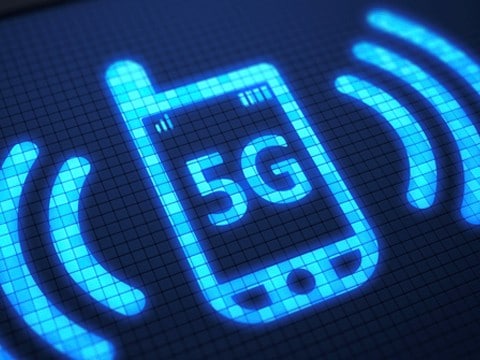
 Ready for internet speeds that are six times faster than what you currently have? That’s what Bell says will soon be coming to Canada.
Ready for internet speeds that are six times faster than what you currently have? That’s what Bell says will soon be coming to Canada.
Along with partner Nokia, Bell said it has successfully demonstrated 5G mobile technology at the Bell Wireless Innovation Centre in Mississauga.
“Bell’s strategic focus on driving broadband network and service innovation has been key to our transformation into Canada’s wireless leader,” said Bell’s chief technology officer Stephen Howe. “The success of the first 5G trial means we are well positioned to lead the way to the next generation of mobile technology. “Bell is working closely with Nokia and our other partners in North America and worldwide to create the network, device and application ecosystem required to ensure Canadians will be able take full advantage of the 5G opportunity.”
So what does the upgrade from 4G to 5G really mean? It depends on who you ask.
5G will be faster, that’s a given. But Ericsson CEO Hans Vestberg says the shift from 4G to 5G will be much different than the graduation from 3G to 4G was. He says 5G networks, which he expects will roll out some time around the year 2020 (Bell says its network will be availabe within the next five to seven years), will have the ability to recognize the context of a request. For example, Vestberg says a 5G network will be smart enough to recognize that a driver’s smartphone will require a faster connection that the car would, and would be able to prioritize that request.
The “G” in 5G, of course, stands for “Generation”. The first generation of mobile networks, 1G, debuted in the 1970s, but it’s likely not many took notice, as the analogue cellular service peaked in 1990 with just 20-million subscribers. Think your battery is bad now? The Motorola DynaTAC, a device roughly the size and weight of a cinder block, required ten hours of charging for a half-hour of talk time.
In the early 1990s 2G, which were the first digital cellular networks, allowed us to send text messages, and 3G brought us, albeit with some lag and limitations, into the video-enabled, Pokemon Go era that has followed. And while 4G was concerned primarily with connecting people, others say this advance will be about connecting all the things the internet has been buzzing about for the past few years.
“5G all about laying an infrastructure for connected cars, self-driving cars, and an omnipresent “Internet of things,” says Fast Company’s Neal Ungerleider.
In other words, get ready for the SaaS toaster.
Canada’s new Minister of Innovation, Science and Economic development, Navdeep Bains says the Bell test puts Canada at the forefront of the shift to 5G.
“Canada’s ability to compete in a digital world will be defined by our culture of innovation,” he said. “This successful trial of next-generation 5G here in Canada is one example of how our country can become a global centre of innovation by being early adopters of emerging technologies.”
But by the time Bell rolls out the network Canada could be far behind. Earlier this year, Verizon, which was the first provider to offer 4G LTE in the United States, said it would begin to roll out limited commercial offerings of 5G by next year.
Comment
Leave a Reply
You must be logged in to post a comment.




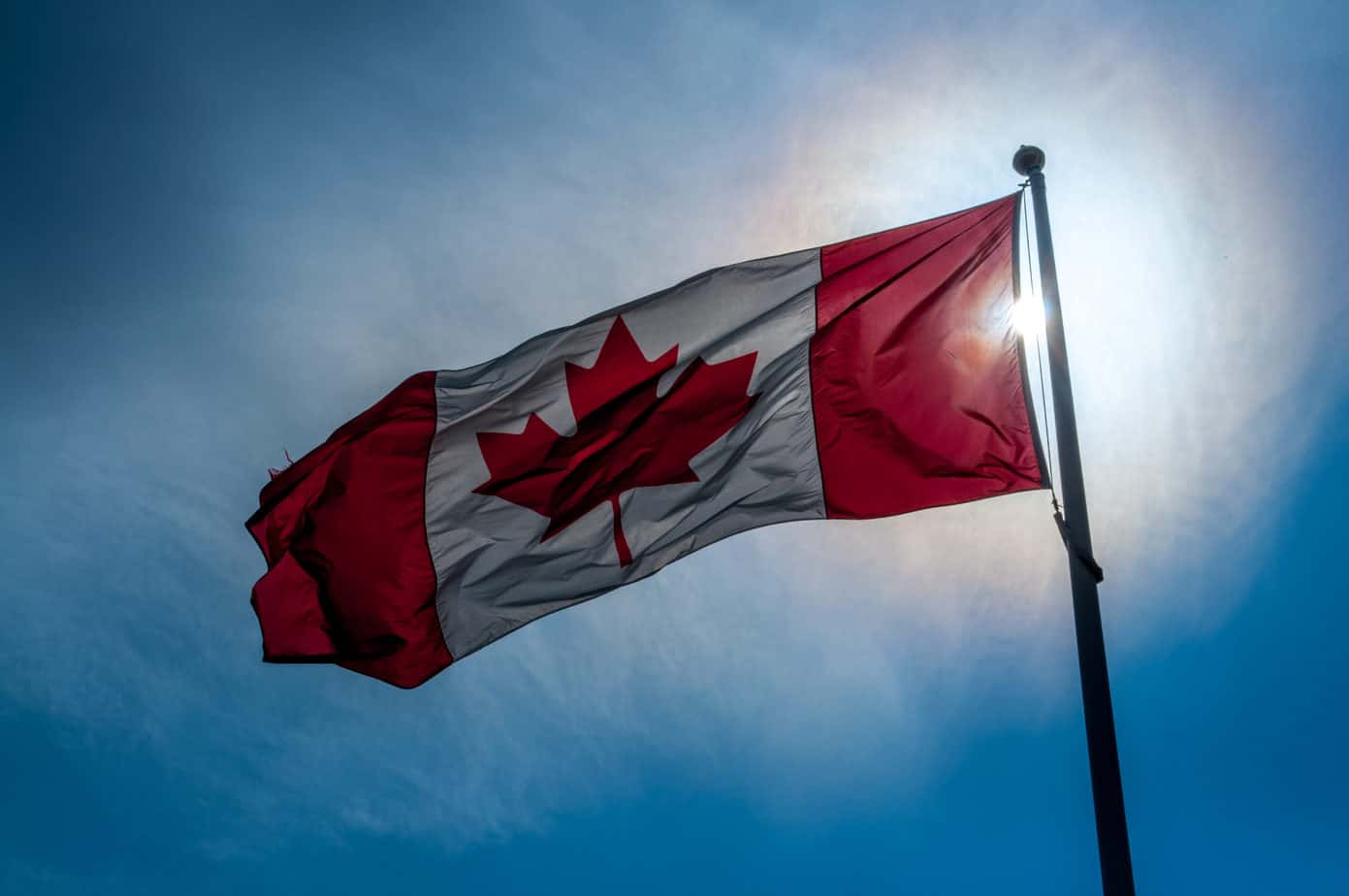
 Share
Share Tweet
Tweet Share
Share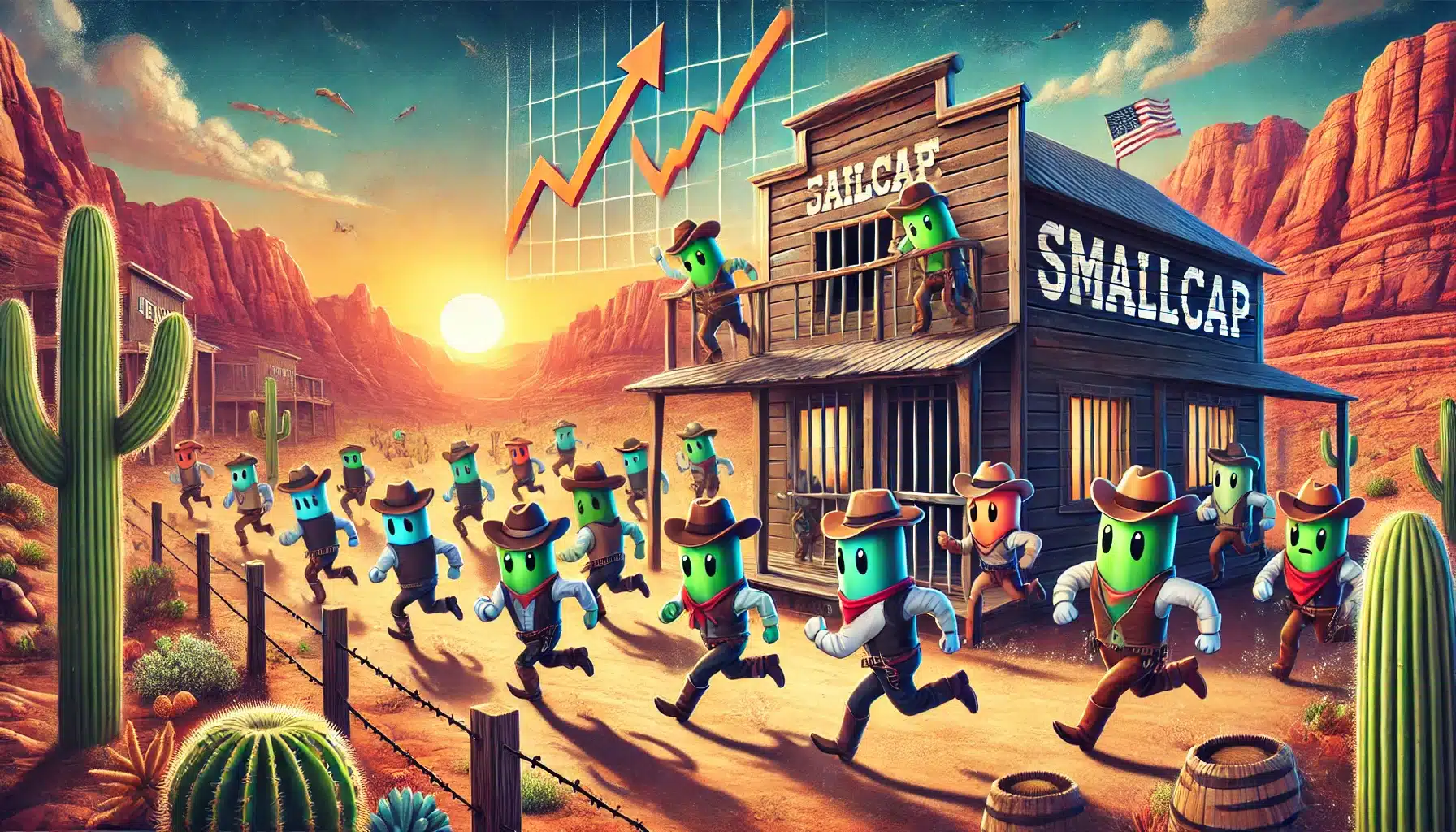


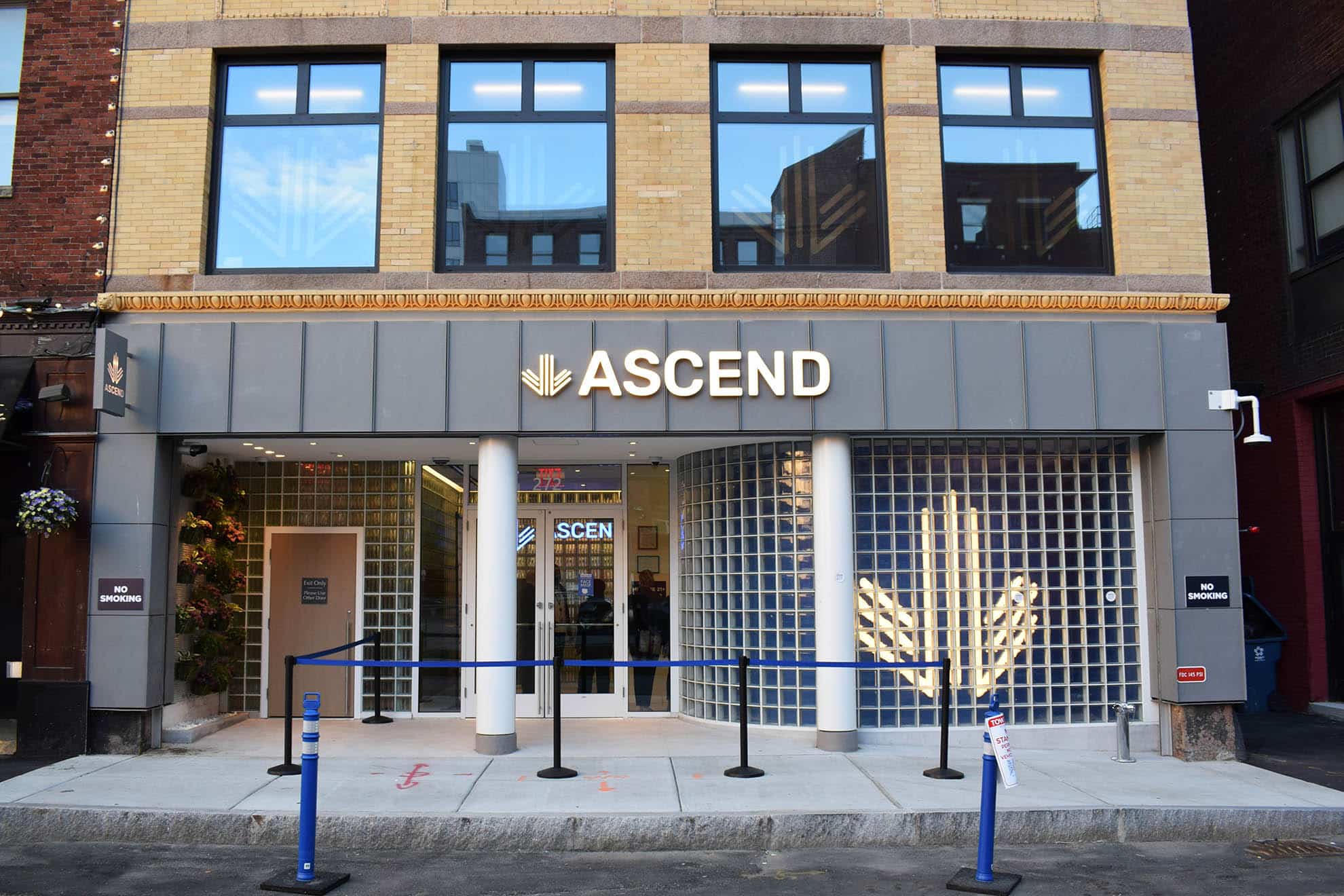
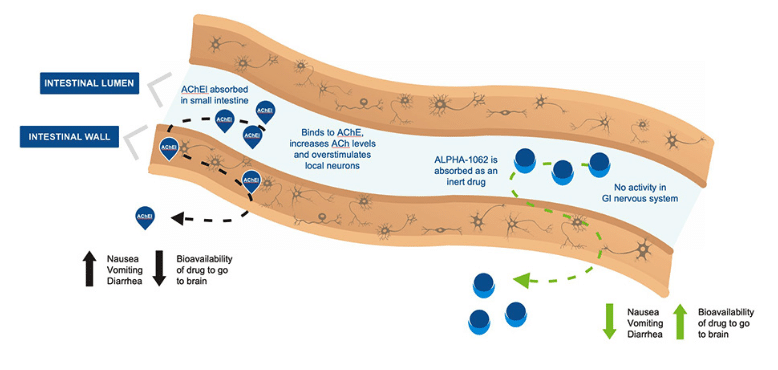
what’s the point of faster speeds when our usage limits are so low? start giving me unlimited plans for a fair price and maybe i’ll get excited about the speed
Yawn…